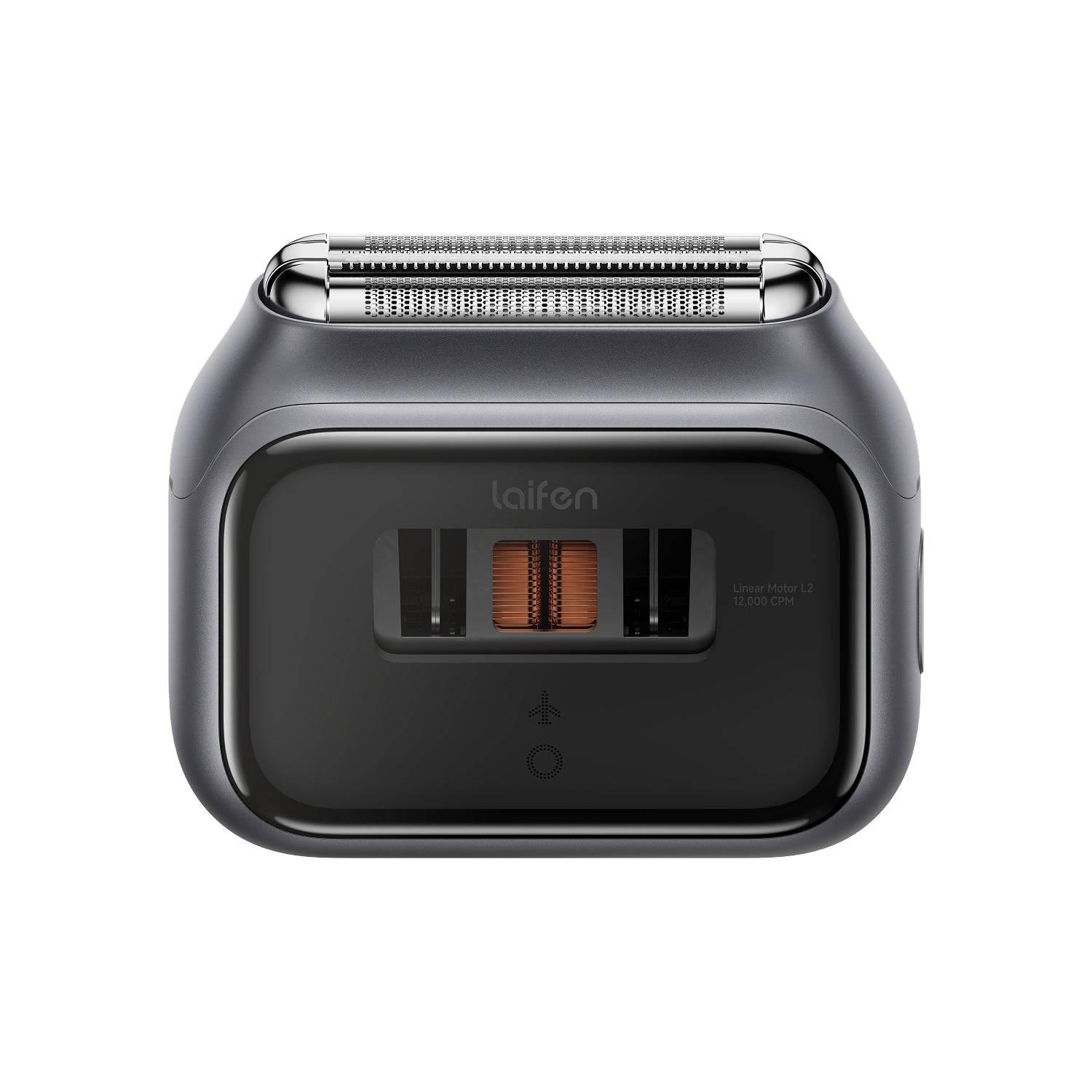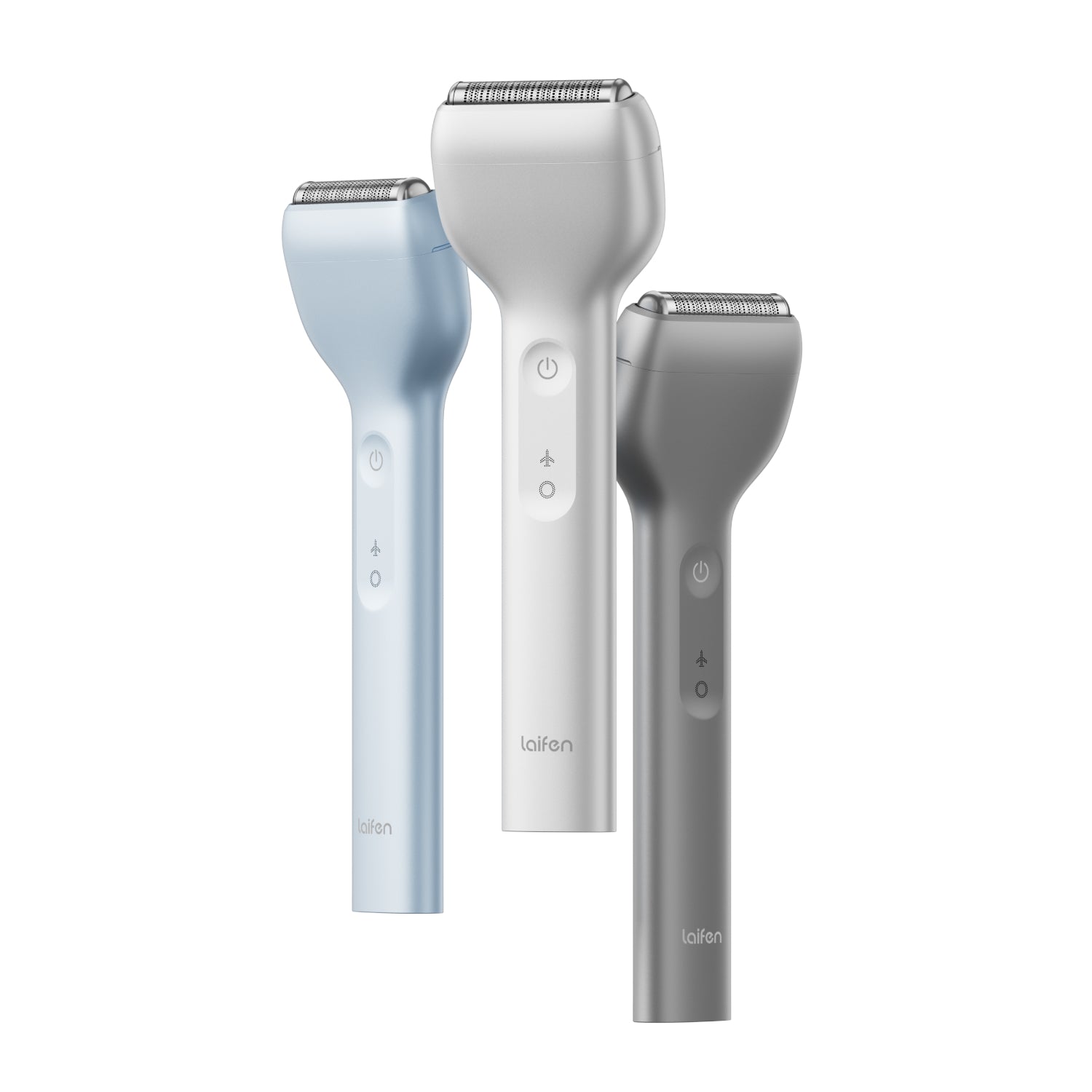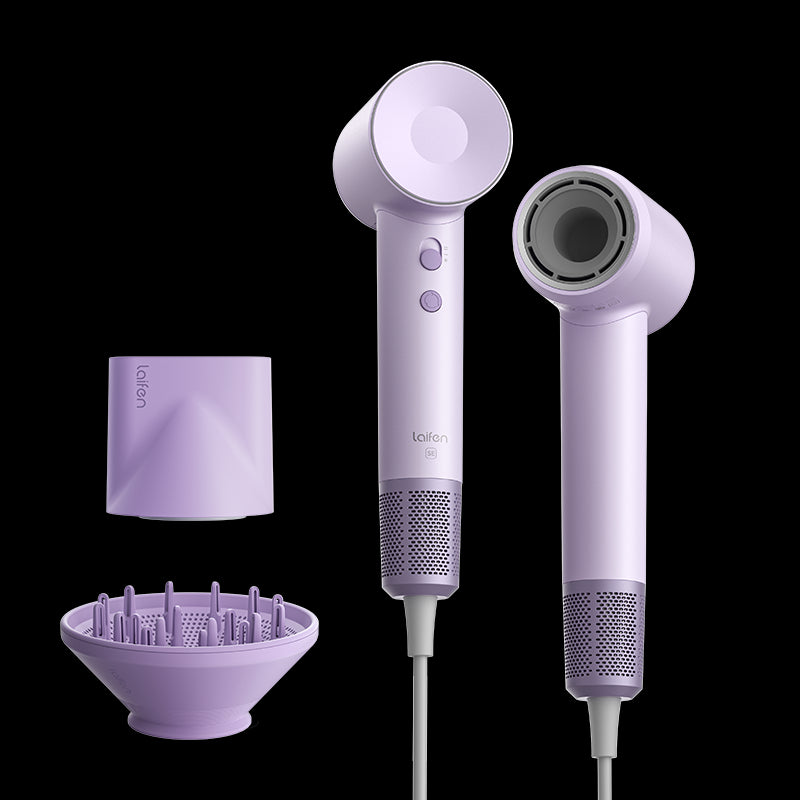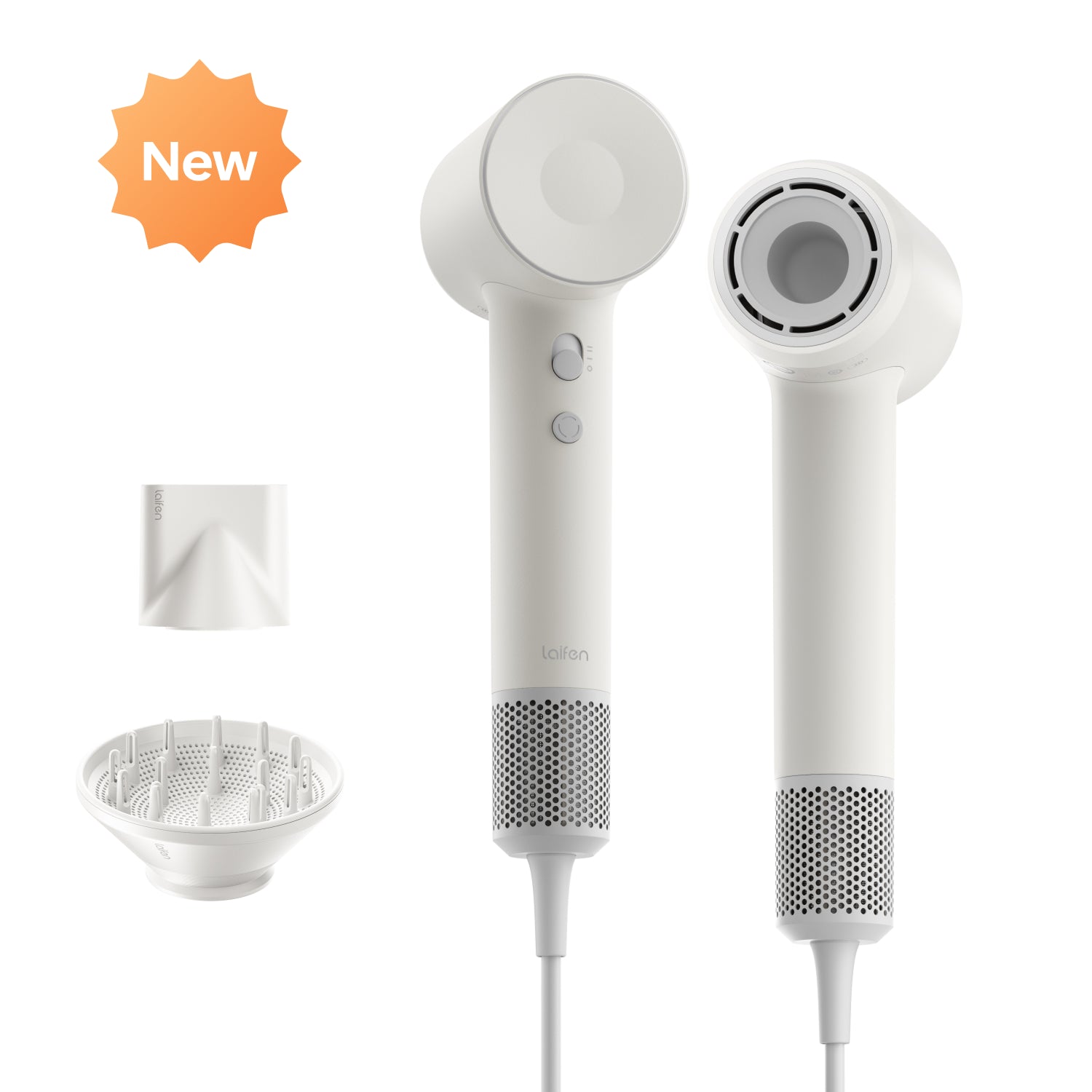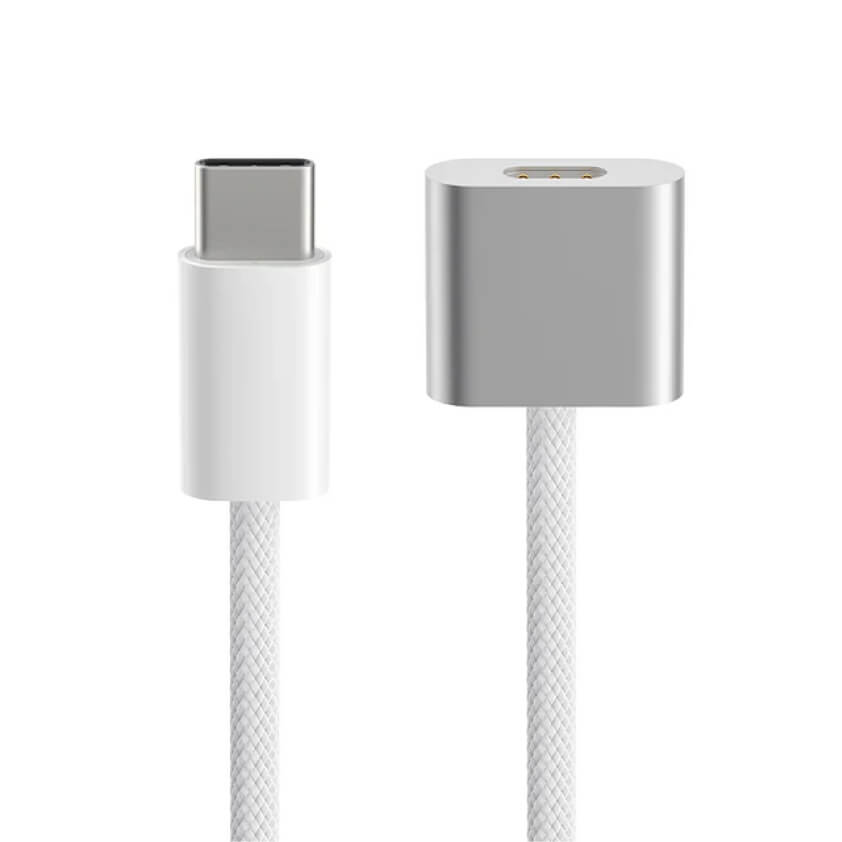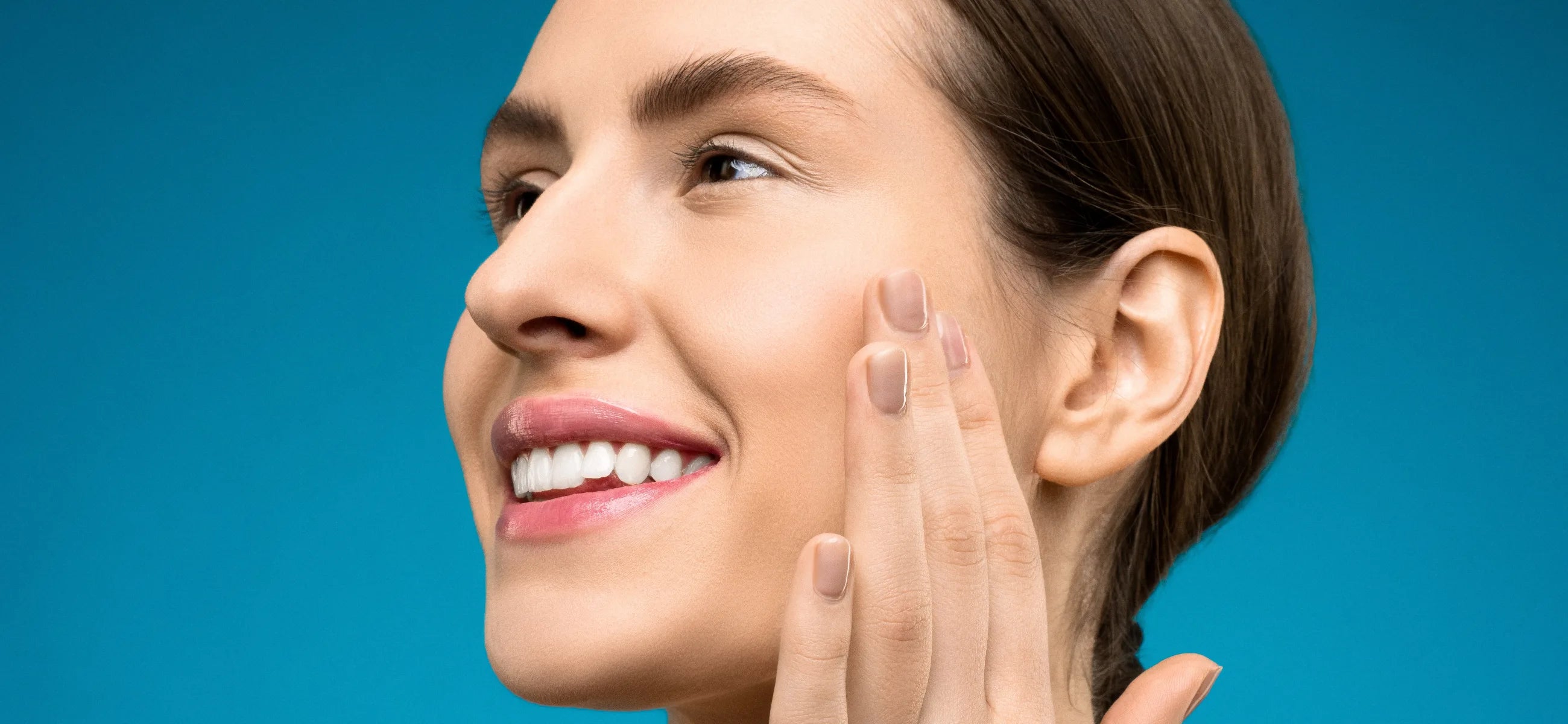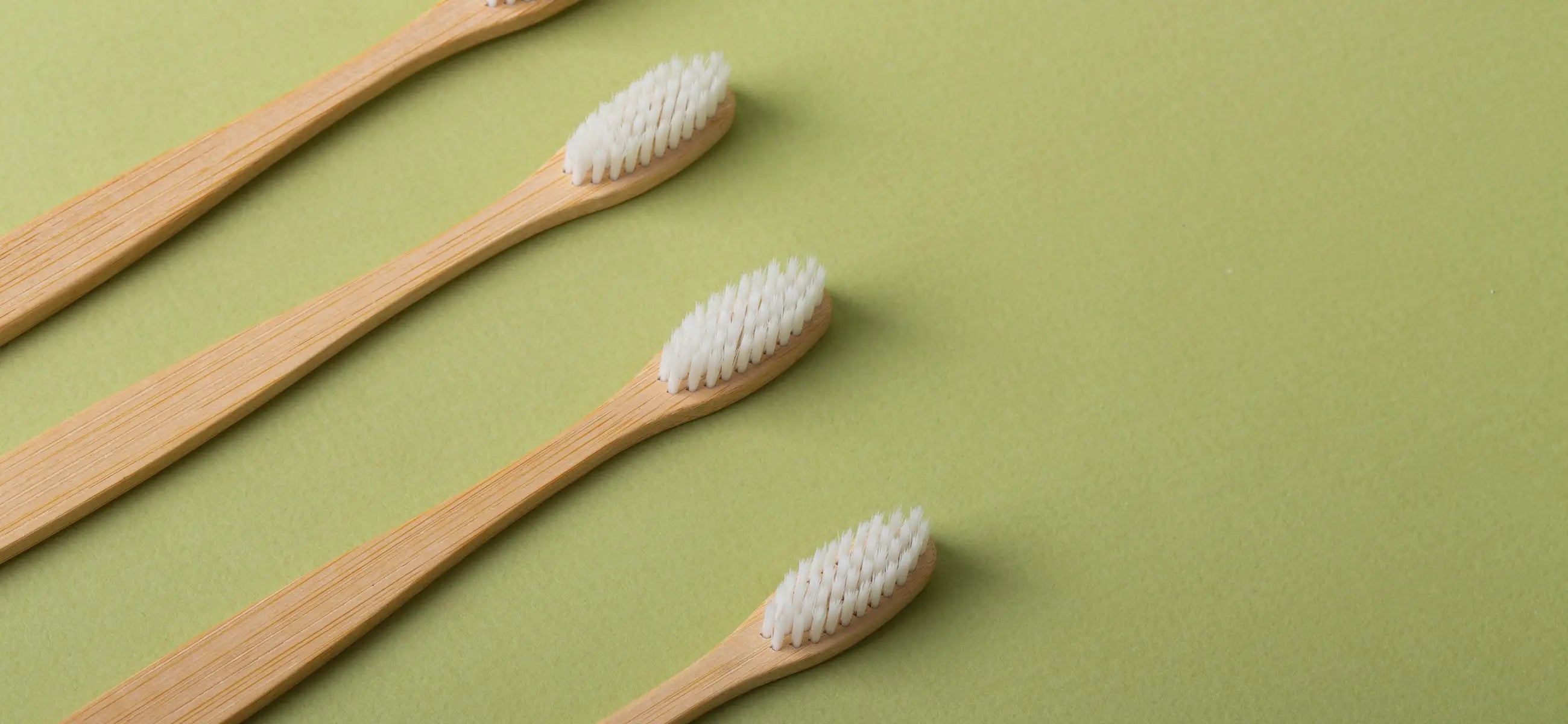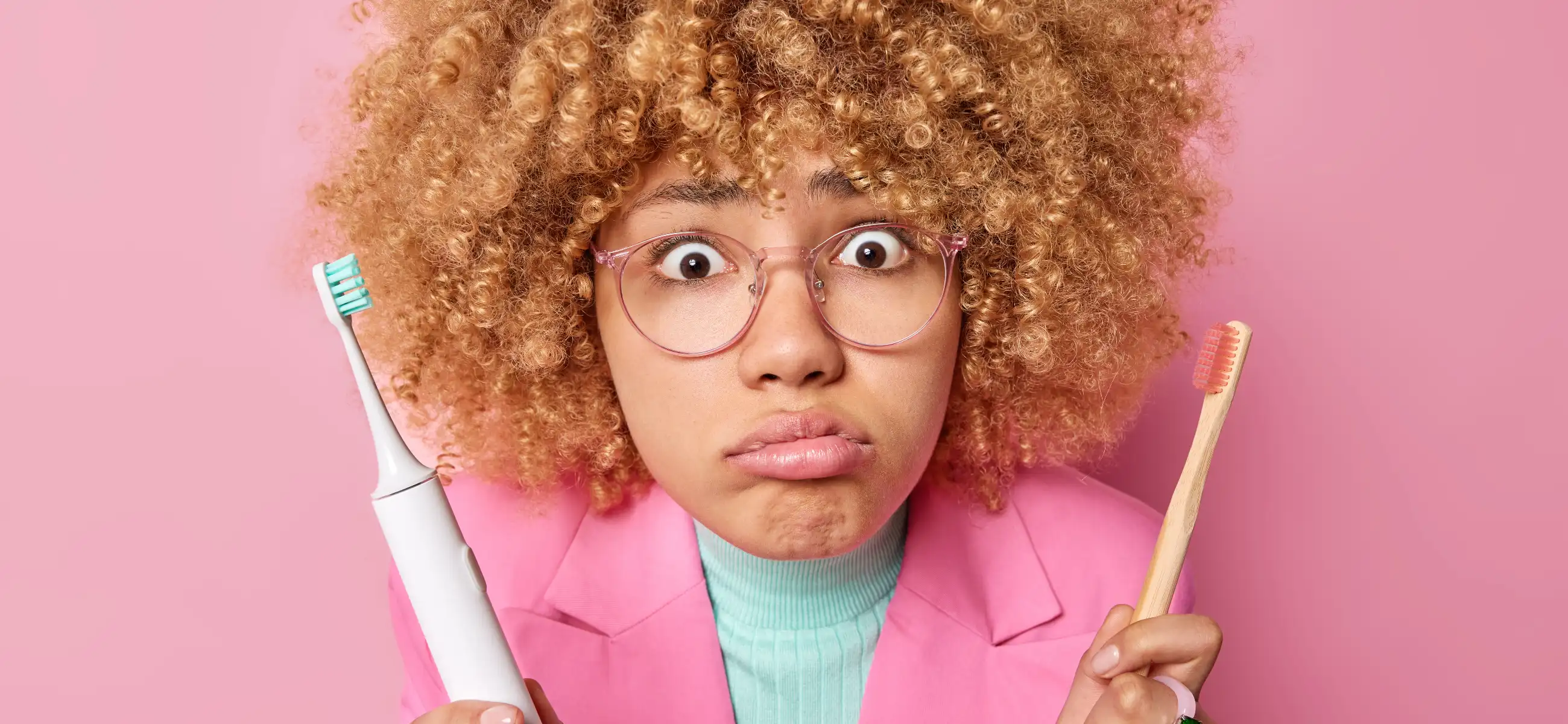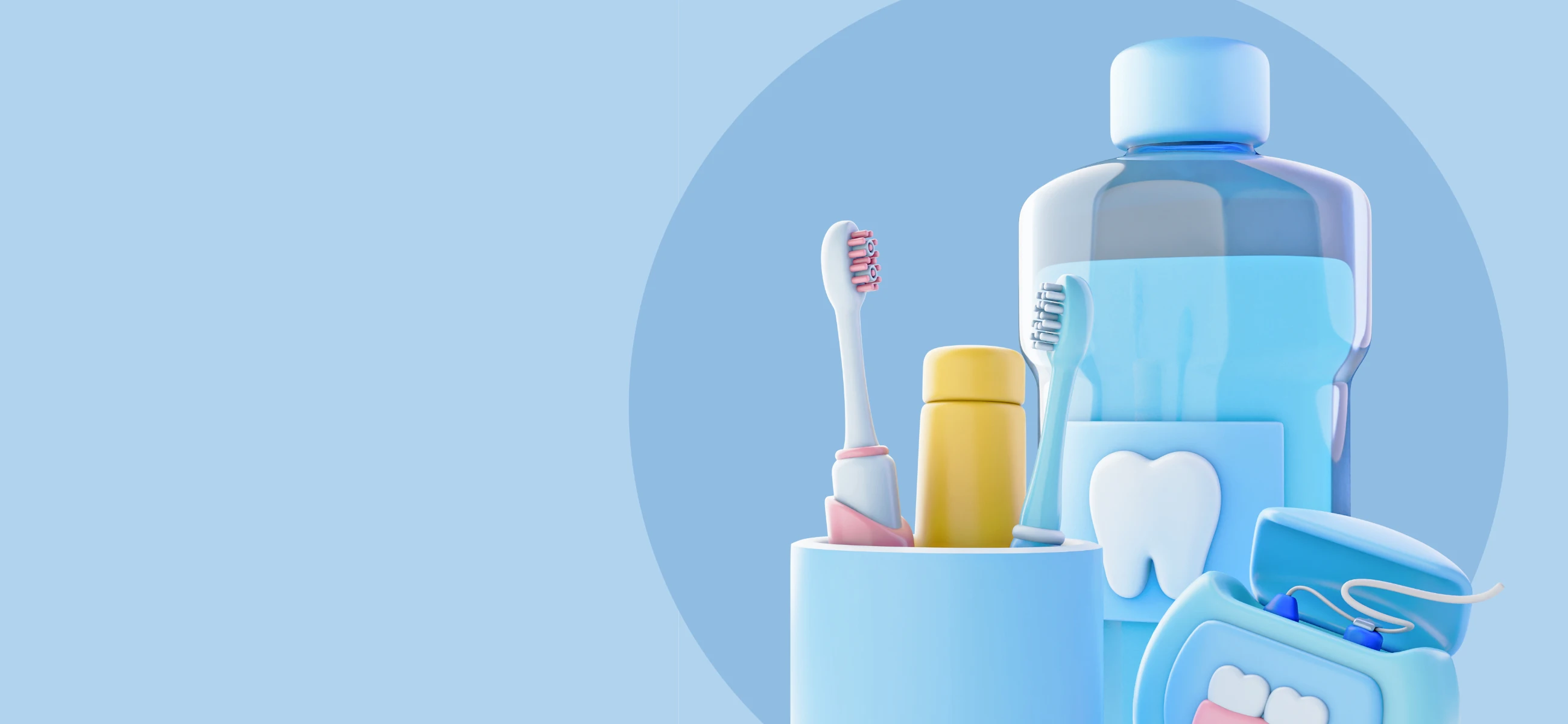
In this article
- What should I bear in mind when buying toothbrushes and the best dental health products?
- 1. Manual toothbrush
- 2. Electric toothbrush
- 3. Which toothpaste should I use?
- 4. Should I use a tongue cleaner?
- 5. How should I use dental floss?
- 6. When are interdental brushes used?
- 7. Why do I need mouth rinses?
- The verdict
Depending on the stage of life and lifestyle, certain dental care product is required. Basically, the brushing strategy develops over the course of a lifetime. Not only do new scientific findings make it necessary, but above all the development of your own lifestyle and eating habits and the associated development of your own teeth are decisive.
If a set of teeth has already suffered intensively from caries or a periodontal disease (e.g., periodontitis), a different strategy is required for optimum dental care than for someone whose teeth have been spared this and have few fillings, for example. Dental care is also influenced by current stress factors, the individual composition of saliva and oral flora. A significant and usually neglected factor is the dominant dietary habits.
What should I bear in mind when buying toothbrushes and the best dental health products?
Here are the 7 best oral care products for you to pick up.
1. Manual toothbrush
Manual toothbrushes have proven their worth in dental care. A small brush head is comfortable to use and all tooth surfaces, especially the back molars, are easy to reach. Toothbrushes with natural and plastic brushes are available.
Dentists recommend plastic brushes, as bacteria adhere less easily to the synthetic bristles. The bristles have a rounded shape and are gentle on teeth and gums. Toothbrushes should be replaced approximately every two months, as they have less cleaning power due to wear and tear and, in the worst case, can lead to injuries.
2. Electric toothbrush
Electric toothbrushes are becoming increasingly popular and they belong to the dental health care products, which you should not do without. Rotary, sonic, and ultrasonic toothbrushes are available. Some models are equipped with practical additional functions such as a timer, pressure control and various brushing programs.
As with a manual toothbrush, the brush heads should be replaced approximately every two months. Only the brush heads of the toothbrush brand are compatible. You can read more about this in the Electric toothbrush or manual toothbrush section. In the dental health products catalog, you can find many offers for electric toothbrushes.
3. Which toothpaste should I use?
A good toothpaste contains small cleaning particles and antibacterial and mineralizing ingredients. Make sure that it contains fluoride. This substance hardens the tooth enamel and protects against tooth decay. The products of different manufacturers are usually similar in their effect. As small children often swallow toothpaste, special children's toothpaste should be purchased. These contain smaller amounts of fluoride than toothpaste for adults. Learn how to choose the best toothpaste and toothbrush.
4. Should I use a tongue cleaner?
Thorough tongue cleaning is often neglected in dental hygiene, but this step is particularly important. Bacterial plaque quickly accumulates on the rough surface of the tongue. From there, the bacteria spread throughout the entire oral cavity. Bad breath and diseases such as tooth decay and periodontitis can develop. Tongue cleaning completes thorough oral care.
To do this, brush the surface of the tongue with a tongue brush or tongue cleaner. The tongue cleaner can be dipped in a mouthwash solution beforehand. Continue cleaning until all plaque has been removed. The mouth will then feel clean and fresh. This is especially advisable for the elderly - specific dental health products for the older generation.
5. How should I use dental floss?
Dental floss is an indispensable aid for clean interdental spaces. It is best to use it before brushing your teeth. Waxed dental floss is ideal for narrow spaces. Unwaxed dental floss is slightly thicker and therefore ideal for normal-sized interdental spaces. This variant removes plaque particularly reliably.
Dental floss with a holder is easy to use. Dental floss should be an integral part of oral hygiene and should be used at least once a day - regardless of whether your teeth are healthy or you have gum problems such as periodontitis. It belongs definitely to the dental health products, which you should have at home.
6. When are interdental brushes used?
Interdental spaces should receive a lot of attention during daily dental care. Interdental brushes provide an excellent cleaning effect for slightly larger interdental spaces. With increasing age, the gums recede a little. This is a completely natural process.
Interdental brushes clean the hard-to-reach areas between the teeth quickly and easily. To do this, insert the brush into the interdental space with medium pressure and move it gently back and forth. Dental floss is usually the better choice for younger people.
7. Why do I need mouth rinses?
These dental care products are the perfect complement to dental care. However, mouth rinses cannot replace cleaning with a toothbrush. Patients who have difficulties with the correct use of dental floss and interdental brushes integrate mouthwash into their dental care routine as an alternative.
However, a mouthwash is also a sensible application in addition to cleaning with a toothbrush, dental floss, and interdental brushes. Consumer protection services provide tips on product selection. Mouthwashes and mouth rinses are not identical. A mouthwash is used in diluted form and only refreshes the breath.
A stronger effect is not to be expected. Mouthwashes are used undiluted. Specialized products for the treatment of diseases such as periodontitis are available in pharmacies with a prescription. Medicinal products can have side effects and should only be used for a limited period of time if recommended by a doctor.
The verdict
Is dental floss really effective? Are mouthwashes too aggressive for the oral flora? Does the tongue also need to be brushed? Various myths circulate about the right dental care routine. Brushing your teeth is important for everyone.
Regularity, diligence, and the right brushing technique should be learnt from an early age. After all, we are first-class imitators. We learn and acquire a large part of our skills and habits through role models and imitation. The same applies to brushing our teeth. This is why proper dental care plays a central role in our lives.

